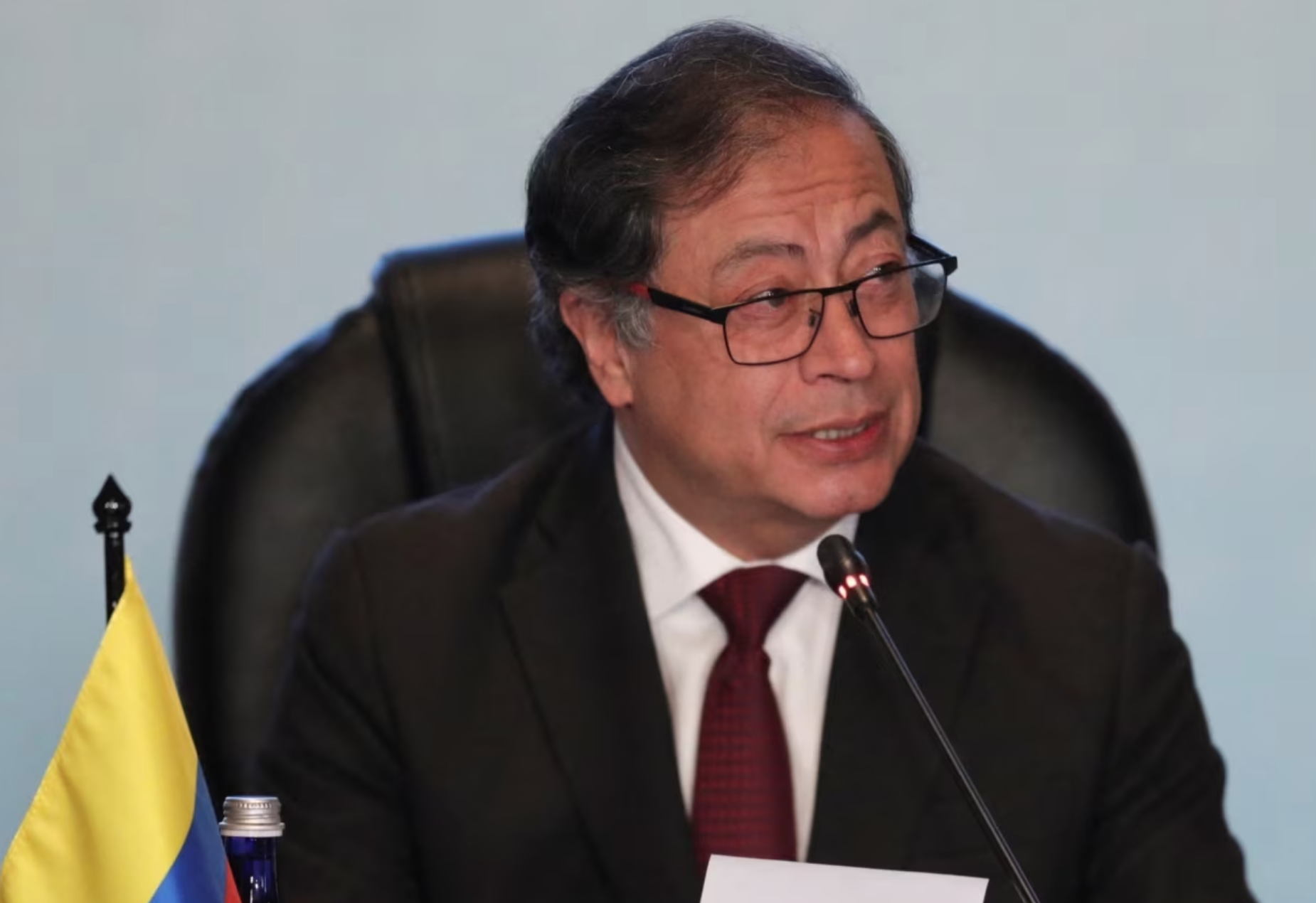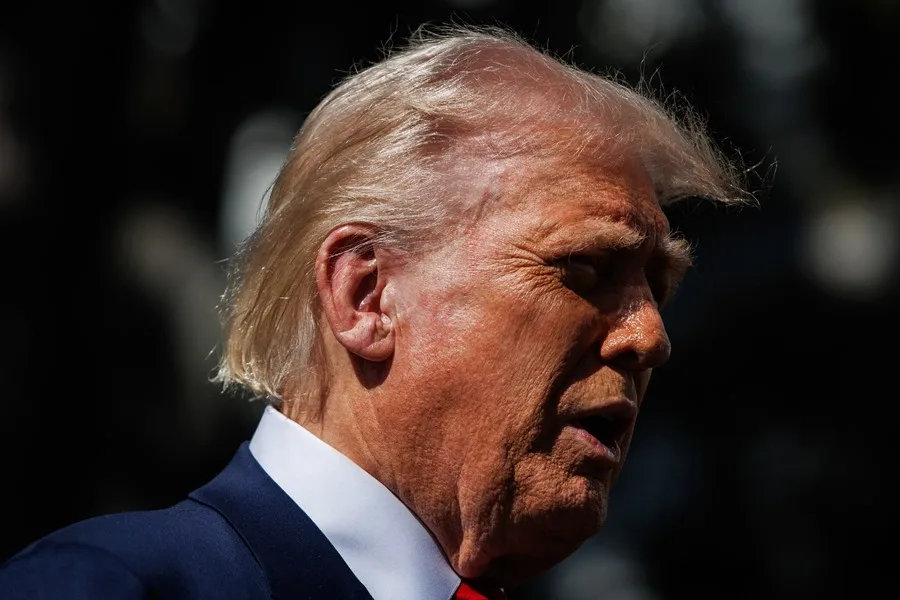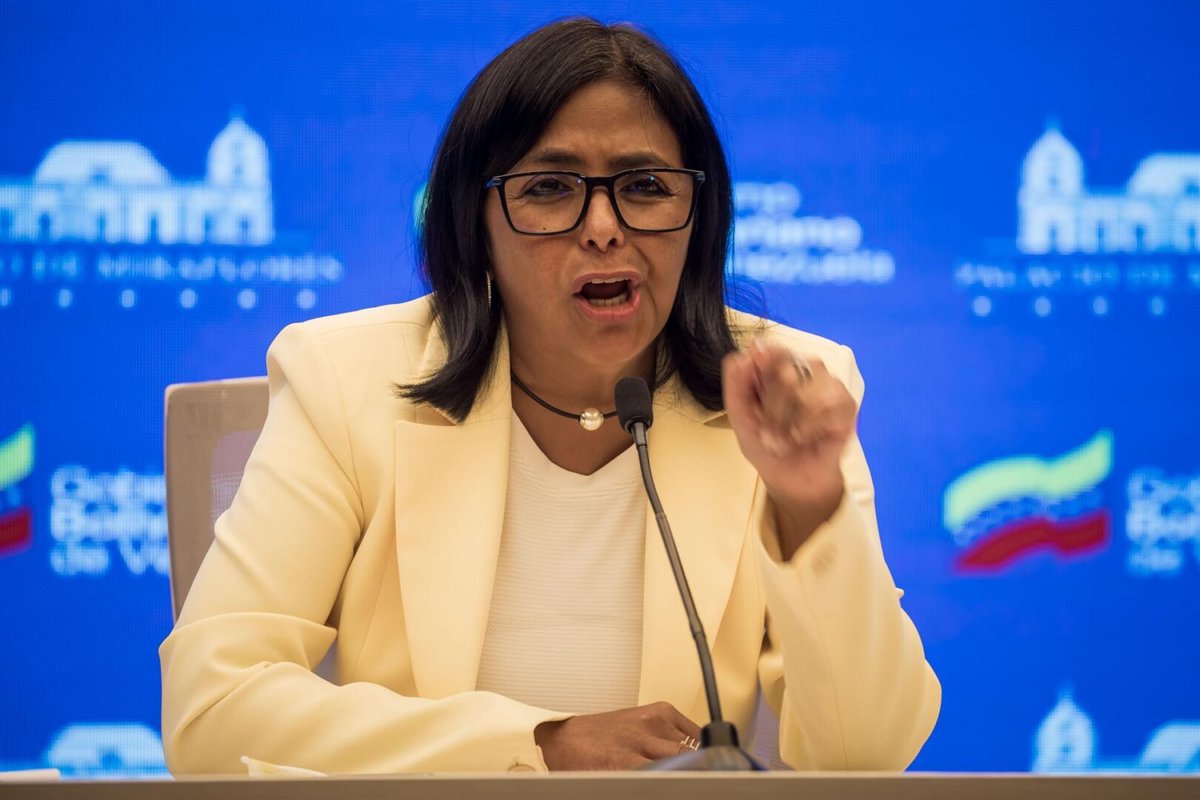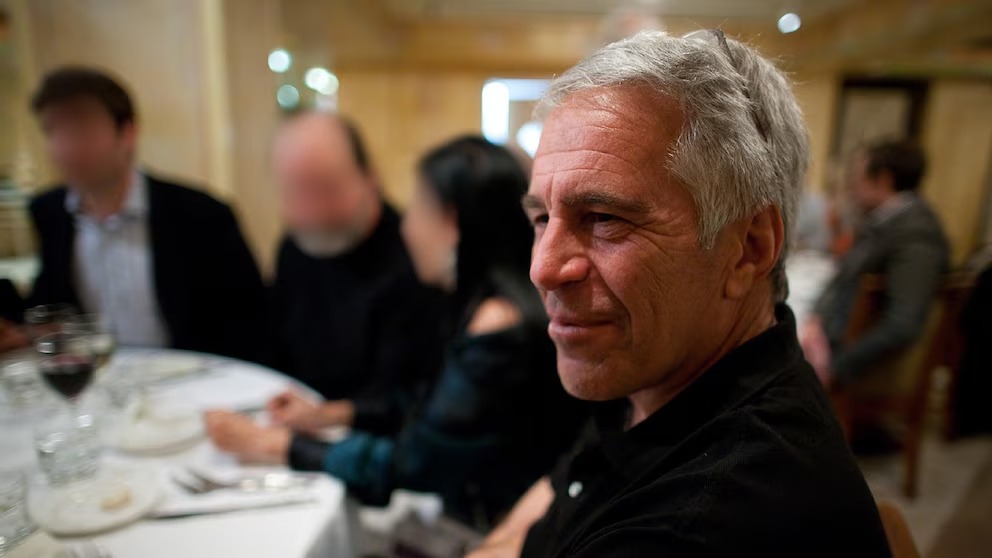International
Petro’s cabinet reshuffle seeks to “put together a coalition” to pass his reforms

April 28 |
The changes in part of the cabinet of the president of Colombia, Gustavo Petro, imply not only the breaking of relations with some political parties that were part of his coalition and working with more “loyal” and closer people, but also that he seeks to open spaces to move forward his government projects, according to analysts consulted by Voice of America.
“Petro is a person who has not changed since we have known him in Colombian politics, I have the impression that he can close with his people, put together a coalition to try to pass his reforms and look for the street to vote him some things as it has already happened in Colombia”, explained the political analyst and columnist of the newspaper El Espectador, Pedro Viveros.
For Theodore Kahn, associate director of Control Risks, the changes offer a more united cabinet with an ideology closer to that of the president. “There is probably going to be an effort to really put forward some reforms and some public policy objectives more aligned with what Petro had put forward in the campaign and some of the banners that he has carried for several years,” Viveros said.
In this sense, Kahn adds, he will have less inconvenience when it comes to “moderating his proposals” and “accepting points of view internally” and, in this way, “achieving the more radical objectives in some areas that he wants to implement”.
The most sensitive changes within Petro’s cabinet are in the Treasury, Health and Agriculture portfolios.
The first one, due to the stability in the markets and the national and international recognition that the outgoing minister, José Antonio Ocampo, represented, not only for being known as one of the most respected economists in the country, but also because he managed to push forward the most ambitious tax reform in the history of Colombia.
Despite his good relationship with the Colombian president, he is not as close as his successor, economist Ricardo Bonilla, current director of the Financiera de Desarrollo Territorial (Findeter), former Secretary of Finance in Bogota, during Petro’s administration, and his advisor on different issues, such as pensions.
Another sensitive issue is the health reform, proposed by the outgoing minister, Carolina Corcho, whom many legislators and political leaders have described as intransigent, which presented inconveniences at the time of advancing this proposal in Congress.
“We are in the process of this very complicated reform… Petro is going to want with this change in health to exercise more control over the administrative process of this project. He does not want to lose control of this process”, said Corcho.
His successor, surgeon Guillermo Alfonso Jaramillo, has more experience in the political arena. He was Secretary of Health of the Mayor’s Office of Bogota and District Secretary between 2013 and 2014. He has also been senator and representative to the chamber, which opens channels in these sectors.
The departure of Agriculture Minister Cecilia López, according to Kahn, is also “interesting”, since “she was a person with a lot of credibility, very technical and was handling a Petro’s flagship proposal that was approved”.
However, her public criticism of the energy transition project in the country and the health reform proposed by Corcho would earn her departure.
This portfolio will be led by lawyer Jhénifer Mojica Flórez, the current director of Ethnic Affairs of the Land Restitution Unit. She was deputy director of the Colombian Commission of Jurists (CCJ) and has been part of several processes with the Association of Arhuaca Authorities of the Sierra Nevada and the Commission for the Clarification of the Truth.
International
HRW Warns Trump’s Influence Has Weakened Human Rights in Latin America

Human Rights Watch (HRW) warned that the political influence and rhetoric of U.S. President Donald Trump have contributed to a deterioration of human rights conditions across Latin America and the Caribbean. In its World Report 2026, the organization stated that several governments in the region have committed abuses against migrants and citizens, or have used U.S. policies as justification to impose harsher repressive measures.
During the first year of Trump’s new term, HRW observed that multiple countries violated the rights of foreign nationals under direct pressure from Washington. Other governments deepened security strategies based on militarization, mass detentions and excessive use of force, according to the report.
“The impact of the Trump administration has undoubtedly been negative in Latin America and the Caribbean,” said Juanita Goebertus, HRW’s Americas director. However, she emphasized that “governments in the region remain responsible for defending democracy and fundamental rights, regardless of who is in power in Washington.”
HRW also reported that the United States significantly reduced cooperation funding for human rights organizations and independent media. At the same time, countries such as El Salvador, Peru and Ecuador passed laws allowing the arbitrary closure of civil society organizations and media outlets, weakening democratic systems and institutional checks and balances.
The organization further criticized what it described as a “double standard” in U.S. foreign policy, which condemns human rights violations in Venezuela, Cuba and Nicaragua while overlooking serious abuses committed by allies such as El Salvador, Peru and Ecuador. The report also included criticism of the U.S. military attack against Venezuela in early 2026, warning that it could strengthen Nicolás Maduro’s regime and respond primarily to U.S. political and commercial interests.
International
Delcy Rodríguez Takes Control of Chavismo as Venezuela Enters a U.S.-Supervised Transition

With short speeches and an academic image, Delcy Rodríguez—the woman sworn in as Venezuela’s acting president—has taken the helm of Chavismo at a critical moment, as the movement seeks to ensure its survival while the country enters a phase of change overseen by the United States, putting the foundations of the revolution to the test.
Following the military operation on January 3 that resulted in the capture of Nicolás Maduro, the Chavista leadership moved quickly to fill the power vacuum and confront the new political dynamic from within the state apparatus. In this context, Rodríguez has emerged as the central figure tasked with steering the ruling movement through an uncertain transition.
Although she has held telephone conversations with U.S. President Donald Trump and Secretary of State Marco Rubio, Rodríguez has publicly insisted on Venezuela’s independence and has sharply criticized an opposition that currently lacks meaningful influence within the political landscape.
“Enough of Washington’s orders over Venezuelan politicians. Venezuelan politics must be the one to resolve our differences and internal conflicts,” Rodríguez said on January 25, while defending her proposal for a “political dialogue” with both “like-minded” and “divergent” sectors, which she had presented two days earlier.
International
Epstein Denies Being ‘the Devil’ in Newly Released Video Interview

Jeffrey Epstein claims he was the least dangerous type of sex offender and denied being “the devil” in a video interview included in the latest batch of documents released over the weekend by the U.S. Department of Justice.
The roughly two-hour interview was conducted by Steve Bannon, a former adviser to U.S. President Donald Trump, and appears to have been recorded at the late financier’s New York residence on an unknown date.
Epstein died by suicide in 2019 while in jail awaiting trial on sex trafficking charges involving minors. Since December, the U.S. government has released millions of documents related to the case under transparency laws.
“Do you think you’re the devil incarnate?” Bannon asks Epstein in the video interview revealed in the latest release.
“No, but I do have a good mirror,” Epstein replies with a smile, wearing a black shirt and glasses. When pressed again, he adds, “I don’t know. Why would you say that?”
Epstein, who pleaded guilty in 2008 to soliciting a minor for prostitution, also appears to downplay the seriousness of his conviction.
He objects when Bannon refers to him as a “Level Three sexual predator,” a classification in the United States indicating a very serious threat to public safety.
“No, I’m the lowest,” Epstein says.
“But still an offender,” Bannon responds.
“Yes,” Epstein replies.
The exchange comes after Bannon asks Epstein whether he considers his wealth to be “dirty,” suggesting it was earned by advising “the worst people in the world.”
Epstein insists that he made his money legally, while acknowledging that “ethics is always a complicated issue.”
He claims he donated money to help eradicate polio in Pakistan and India, apparently in an attempt to justify the origins of his fortune.
The documents also show that Bannon maintained regular correspondence with Epstein, who offered to help the far-right political figure spread his conservative ideology in Europe.
Since Trump took office in January 2025, U.S. authorities have released millions of pages related to Epstein, along with photos and videos.
These materials have shed new light on Epstein’s ties to high-profile business executives such as Microsoft co-founder Bill Gates, celebrities including filmmaker Woody Allen, and academics and political figures, among them Trump and former President Bill Clinton.
-

 International1 day ago
International1 day agoMexico to Send Humanitarian Aid to Cuba Amid U.S. Threats Over Oil Shipments
-

 International1 day ago
International1 day agoSpain Seeks to Ban Social Media Access for Children Under 16
-

 International1 day ago
International1 day agoEpstein Denies Being ‘the Devil’ in Newly Released Video Interview
-

 International1 day ago
International1 day agoPetro Resumes Extraditions, Sends Top Criminal to U.S. Before White House Talks
-

 International1 day ago
International1 day agoHypothermia Linked to Most Deaths During New York’s Recent Cold Spell
-

 Central America3 days ago
Central America3 days agoCosta Rica Goes to the Polls as Voters Choose Continuity or Change
-

 International1 day ago
International1 day agoMexico Arrests Suspect in Shooting of Sinaloa Lawmakers
-

 International7 hours ago
International7 hours agoDelcy Rodríguez Takes Control of Chavismo as Venezuela Enters a U.S.-Supervised Transition
-

 Central America1 day ago
Central America1 day agoLaura Fernández Says She Will ‘Never’ Allow Authoritarianism in Costa Rica
-

 International7 hours ago
International7 hours agoHRW Warns Trump’s Influence Has Weakened Human Rights in Latin America
-

 International1 day ago
International1 day agoNFL Investigating Emails Linking Giants Executive to Jeffrey Epstein


























